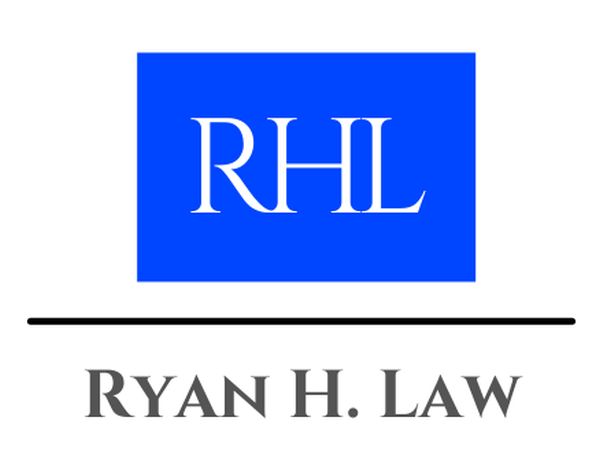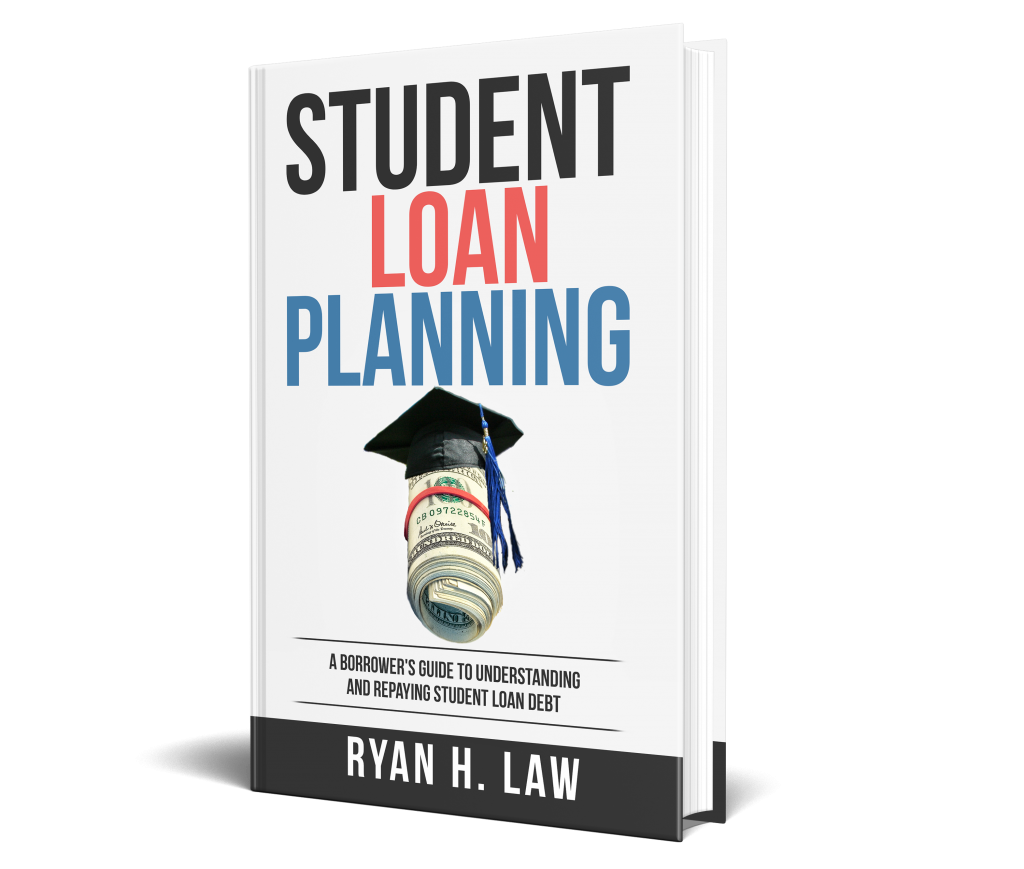Student Loan Planning
A Borrower’s Guide to Understanding and Repaying Student Loan Debt
Revised and updated
OCtober 2023
This edition includes details about the new SAVE repayment plan and updates to the FAFSA.
I sat across the desk from Jake, who was almost in tears. He had amassed over $200,000 in private student loan debt to get an unmarketable bachelor’s degree from a private university.
Jake was working a minimum-wage job, living at home with his parents, and he had not made a single payment on his student loans, all of which his grandmother had co-signed on. Embarrassed about destroying his grandmother’s good credit and trust, he had not spoken to her in almost a year.
As I talked with Jake, I was reminded of a quote by Heber J. Grant, “…if there is any one thing that is grinding and discouraging and disheartening, it is to have debts and obligations that one cannot meet.”
I saw this in Jake – he was completely discouraged and disheartened. I could feel his pain and anguish as he faced the future.
While Jake’s example is extreme, it illustrates a point: People don’t understand student loans!
Think about it for a minute – there are at least five different federal student loan products (and that doesn’t include private loan options); nine different payment plant, some that base your payment off the total amount borrowed and some that base your payment off your income and family size; options for delaying payments; forgiveness programs; multiple loan servicers; consolidation; default provisions and much more. No wonder students and their parents are confused!
Despite federally mandated entrance and exit counseling about student loans, research shows that the majority of borrowers are confused about their debt and the terms they are borrowing on:
- 64% of students worry about having enough money to pay for school
- 65% misunderstood aspects of their loans, including the repayment terms,
the amount of their monthly payment, or the interest rate - ⅔ of borrowers do not understand the difference between federal and
private loans - 60% of students have more student loan debt than they expected to have
- ⅔ of borrowers are not sure they will be able to pay off their student loans
This is the book that all student loan borrowers need.
This short, easy-to-read book will give you a baseline understanding of student loans. We will review how to minimize student loans, types of loans, repayment plans, delinquency and default, forgiveness programs, and strategies to pay off debt as quickly as possible.
Contents:
Preface
1. How can I keep the cost of college low?
2. What is federal student aid and how do I get it?
3. What type of loans are available?
4. How much financial aid can I get?
5. How much should I take out in student loan debt?
6. What are additional options if I don’t get enough in federal student aid?
7. How do I access information about my student loans?
8. What is the interest rate on student loans?
9. Can I prepay my student loans?
10. What are the Traditional Repayment Plans?
11. What are Income-Driven Repayment (IDR) Plans?
12. What happens if I no longer have a Partial Financial Hardship (PFH)?
13. Can I switch repayment plans?
14. Do previous payments count if I switch repayment plans?
15. How do income-based repayment plans work if my income is below the poverty line?
16. I have heard I can reduce my payments if I file Married Filig Separately (MFS) Is that true?
17. What is the best repayment plan?
18. When is interest capitalized?
19. What is loan consolidation and when should I consider it?
20. Does it ever make sense to refinance federal loans into a private loan?
21. Is student loan interest tax deductible?
22. Can I make my payment with a credit card?
23. What is Public Service Loan Forgiveness (PSLF)?
24. What is teacher loan forgiveness?
25. Are there other opportunities for my loan to be forgiven, cancelled or discharged?
26. Can student loans be discharged in bankruptcy?
27. What should I do if I am having trouble making my payments?
28. What is student loan default?
29. Are there other opportunities to get out of default?
30. Advice from other borrowers
31. Who should I contact if I need help?
32. Changes needed in the student loan industry
33. Final thoughts

